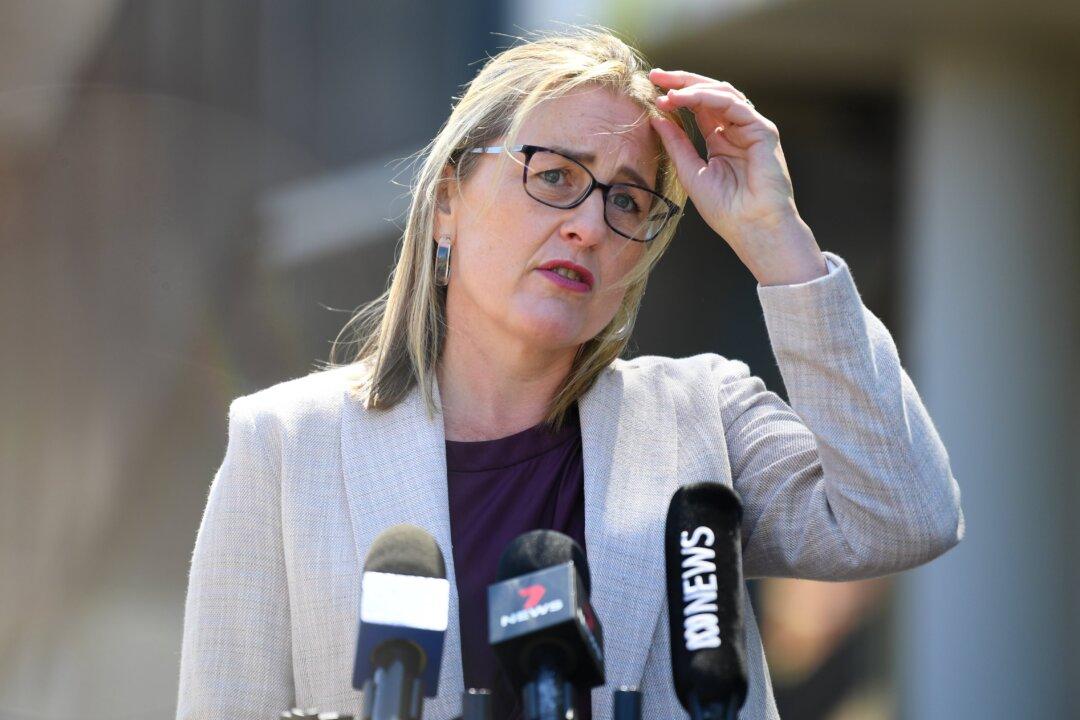Victorian Premier Jacinta Allan has defended decriminalising public drunkenness on Melbourne Cup day, despite concerns from the state’s police officers on Oct. 31.
From Nov. 7, being intoxicated in public will no longer be a crime, and police won’t have any powers to arrest people. Instead, it will be approached as a health issue, with leading community health organisation Co-health delivering street-based outreach teams and mobile vans across metro Melbourne, after long-planned decriminalisation reforms.





